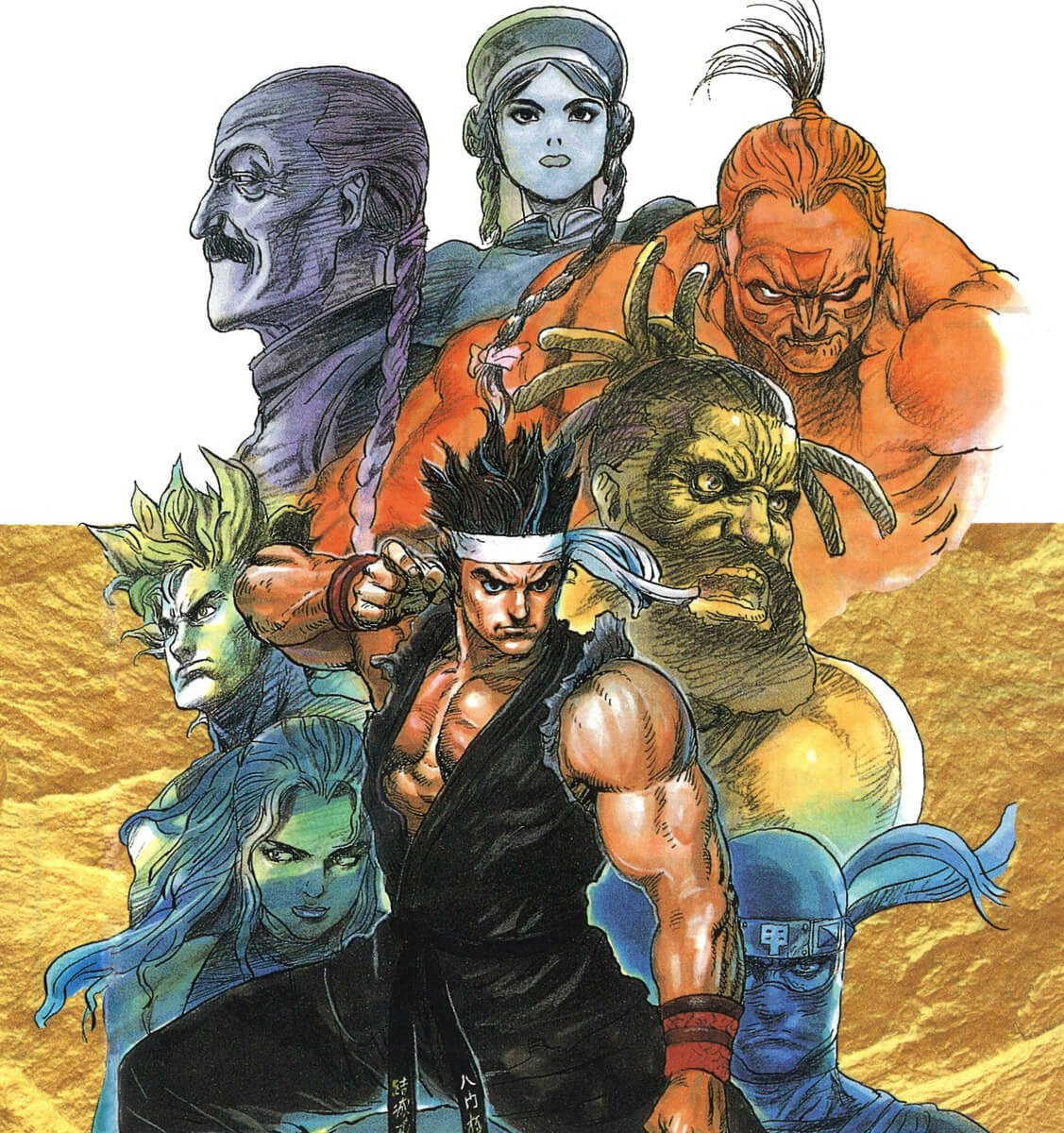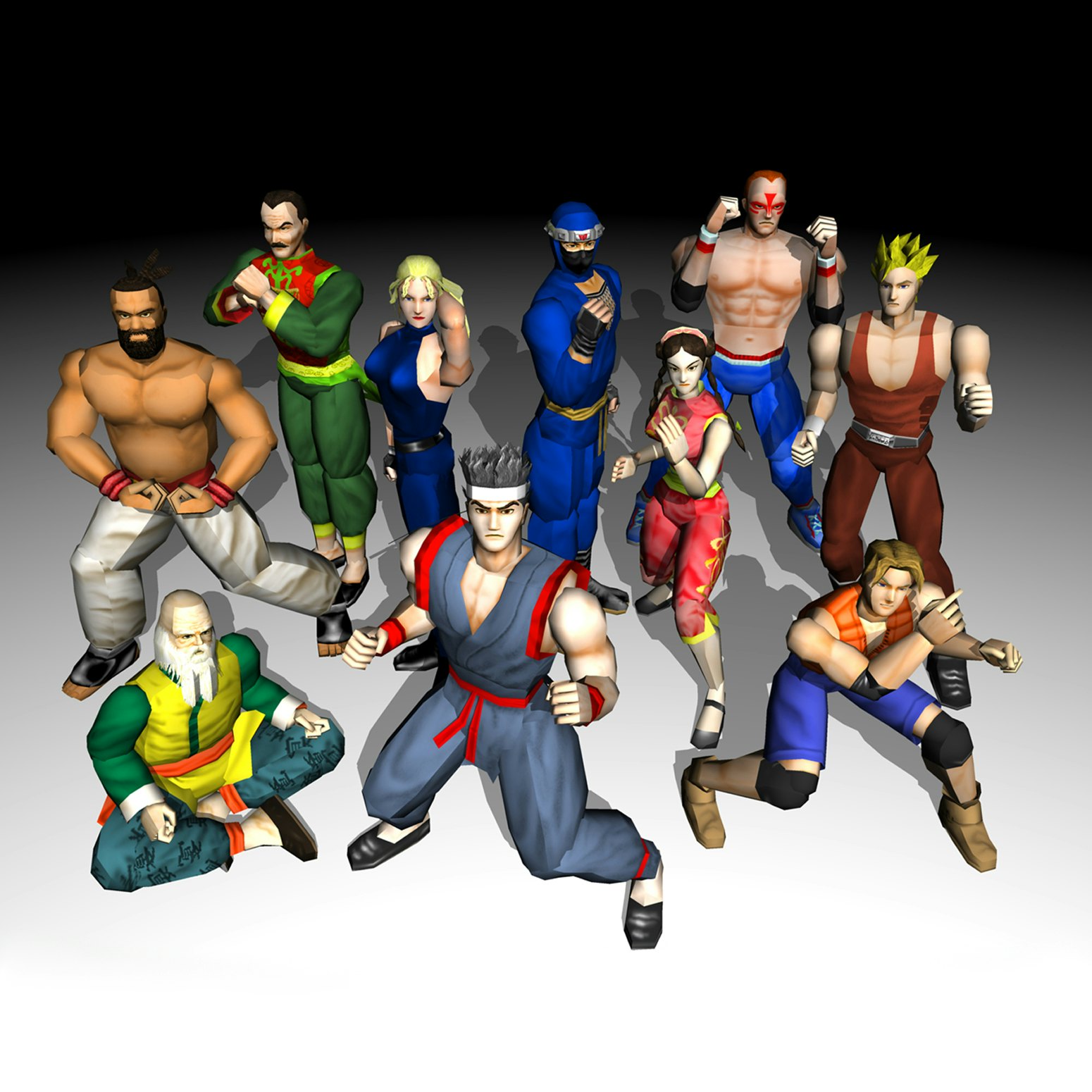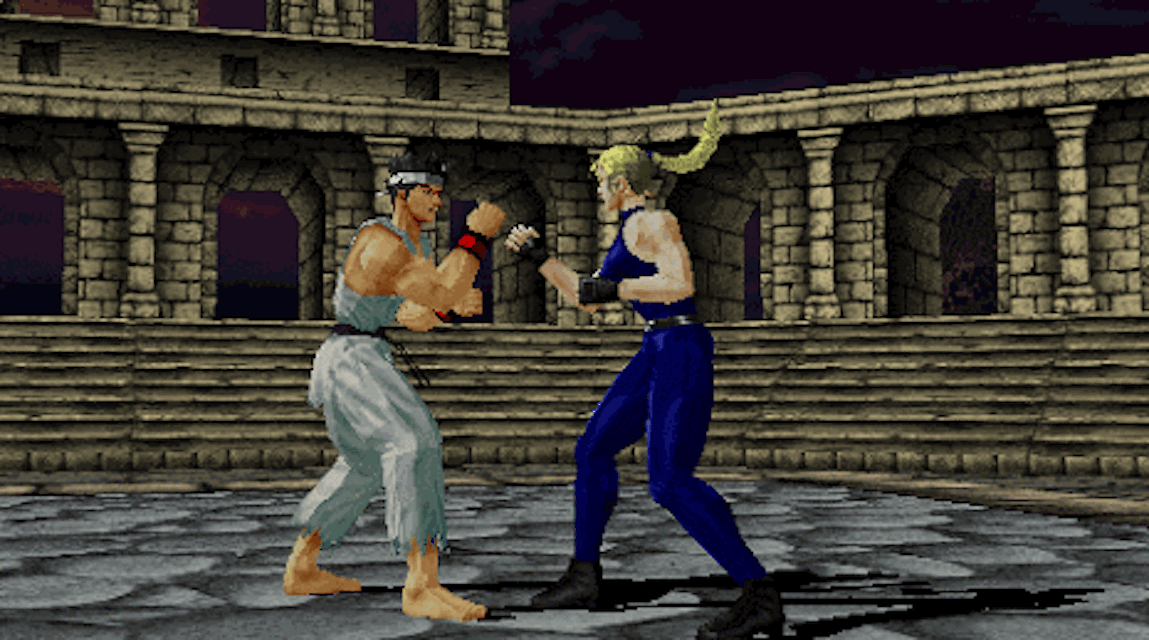
As video games swept into mainstream culture in the 1990s, they began attracting political attention. The growing industry ran directly into an American battle over morality, led by Senators Joe Lieberman and Herb Kohl, Democrats from Connecticut and Wisconsin. In 1993, A member of Lieberman’s staff had bought Mortal Kombat for his son and had been horrified by the brutality.
Blood everywhere, spines being pulled out, and demands to “Finish him?” Mortal Kombat was ghastly! Lieberman and Kohl held hearings on the game, bringing it into the halls of Congress so elected officials could see it for themselves. The hearings shook the video game industry, which banded together in their aftermath to create the Entertainment Software Ratings Board (ESRB).
It was a landmark moment in the history of video games, and it’s hard to think what would have happened if the child of a congressional aide who had inadvertently started the whole process had waited a year and requested Virtua Fighter 2 instead.
The fighting game couldn’t be more different than Mortal Kombat, but it’s just as enjoyable. You can see for yourself, as it’s available right now if you’ve subscribed to Nintendo Switch Online + Expansion Pack.
Unlike Mortal Kombat, VF2 features no gore and no lore. It’s a game with two people fighting each other, nothing more and nothing less. All of these characters are human (save a final boss). There are no weird aliens or ancient gods here. The fighters seem like your run-of-the-mill regular human martial artists, although they do wield different fighting styles. Director Yu Suzuki, who had directed the series’ initial entry, seemed to have lost interest in developing a bigger world.
"To be perfectly honest, I really wanted to do a soccer or rugby game next, but being team sports there were just too many characters to animate and we simply didn’t have the computing power to make it work," he recalled during an interview with Game Developer.

What made the game stand out, though, was another twist in global history in the early 1990s: the collapse of the Soviet Union. The demise of the communist country completely upset the global order, including the ever-growing American military-industrial complex. What mattered to Sukuki was that the Soviet collapse meant that “America's military simulation industry was placed in the private sector.”
Companies like Sega finally had access to the digital technology developed by the likes of Lockheed Martin, if they could afford it. “Our budget for procuring a chip was only around 5,000 yen and the chip [Lockheed Martin] had in a jet fighter simulator was worth several billion yen, so settling on a price proved to be quite difficult,” Suzuki recalled. But a deal was eventually struck.
The situation was a little surreal and spoke to an ascendant industry’s new power in a changing world. “So there I was,” Suzuki said,” this guy from a Japanese video game company asking to use the latest, top-secret technology the United States military had to offer and they were like, ‘OK, let’s do it!’” The result was that Virtua Fighter 2 was able to push technological boundaries, using motion capture technology for its fighters.

The result is a game that felt, by the standards of the time, realistic in a way that nothing else could match. Playing today, the game is notable for just how grounded it feels most of the time. It’s based on kicks, punches, and throws. Characters don’t bleed, and they mostly move in ways that extremely talented real-life fighters could.
Just like fights in the real world, rounds in Virtua Fighter 2 go by quickly, with a 30-second timer per round. You don’t even have to win by K.O. because knocking an opponent off of the platform you’re fighting on will result in a ring-out. Once, tied one round to one with the computer, my opponent and I threw each other off the platform at the same time. The draw sent the match into an exciting one-hit finale, which I won by punching extremely fast.
Virtua Fighter 2 offers a solid playing experience that can be easily replicated again and again. It’s not the goriest or most brutal fighting game in history, but it’s not trying to be. A lot of history would have changed if that kid had simply held out for state-of-the-art graphics.







